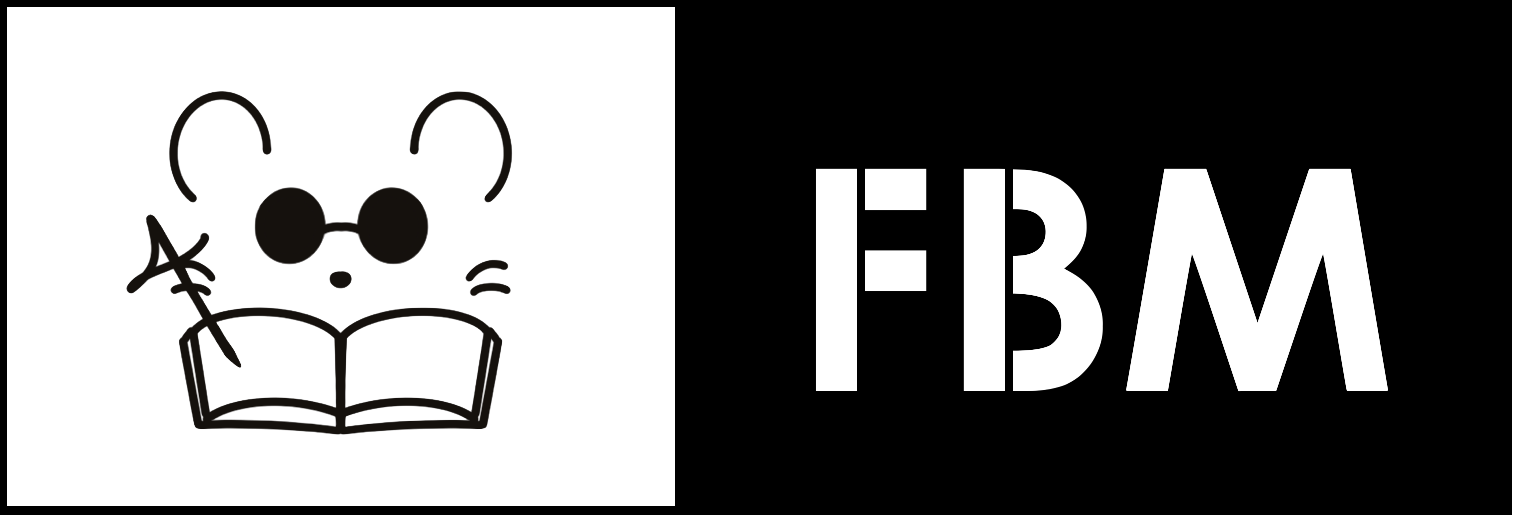The Gap Year Association defines a gap year as “a semester or year of experiential learning, typically taken after high school and prior to career or post-secondary education, in order to deepen one’s practical, professional, and personal awareness”.
If you’re in your gap year now, you probably fall into one of the 2 categories — you either wanted to do it on your own accord, or you had to take one. Regardless of the reason, here is some advice on filling in the gaps of your gap year and making it a fruitful one. What’s the best way to learn? From real life experiences. Thus, we’ve invited three fresh graduates from Ngee Ann Polytechnic to share their gap year experience (so far) and how they’ve been making the best out of it!
Filling the gap with REST
Rest? How can I rest when I’m struggling to find a job and boost my portfolio while waiting for a university? I’m already as stressed as it is.
Sounds familiar? Close to three in 10–28 per cent — also said that they now sleep less each night, while fewer than half felt that they get enough sleep at night. Lack of rest can contribute even more to the stress that you are facing as it increases our stress hormone cortisol. An overdose could lead to physical and mental health issues such as depression and migraines. Faith Yuen, a diploma holder in Biomedical Science, took a gap year to slow down from the humdrum of the past thirteen years of studying.
Instead of diving in straight away to find an internship or a new job, she focused on recharging herself and her mental health for the first 3 months of her gap year. After a stressful final year in poly, she found her mental, physical and emotional health levels drained. “Pushing ahead while feeling drained or even burnt out may not be the best when you are running low on fuel,” she said. She wanted to actively pursue a reasonable pace despite the breakneck functioning speed that society saddles on us.
So how did she spend her time renewing herself? “I cleaned my room which I was too busy to clean before I graduated, and sorted all the notes from the past academic year and filed them away. I also picked up my old hobby of crocheting and tried to catch up with a friend one to one at least twice a week. I would also play some video games to relax, and it was a good outlet for me to hang out with friends now that I had more time,” said Faith.
However, there is a clear distinction between resting and being refreshed. “It’s easy to rest thinking what you are doing is restful but not actually getting refreshed from what you are doing.”
For example, suppose you are spending every day watching Netflix but still find yourself tired after. In that case, it could be that this is not the most beneficial activity for you. Proper rest should help you decrease the effects of stress on your mind and body and be something that you enjoy doing.
“I made sure I was intentional with what I chose to indulge in and the activities I devoted my energy towards,” Faith shared.
Other than what Faith has done, you could explore creating a routine that helps you better deal with stress. Activities such as going for a run in the morning and journaling are just some examples of it!
Words of Encouragement from Faith: Rest! And rest well. Plan out how long you think you would need to recover from whatever you were busy with. Take that time to do what relaxes and refreshes you. Try something new that you always wanted to do, a hobby, an experience, learn a skill. Allocating time to rest also makes sure you do things with purpose instead of idling your time away.
Filling the gap with ADVENTURE
With the ongoing pandemic holding back the full experience of university life, why not explore other options and do something totally unrelated to your field of study? That’s exactly what Rachel Pang did! Although she studied Landscape Design and Horticulture, her first job during her gap year was as an IT assistant, a stark difference from her previous internship at Pulau Ubin with the National Parks Board. She decided to take a gap year because she was unable to travel overseas for university.
She learned about the IT position through word of mouth, and after applying, was hired just two weeks after her school internship finished. “I took up the job as it gave me opportunities to learn IT skills that can be applied to other jobs. It allowed me to boost my resume, especially since employers are looking to hire people with good computer literacy. At the same time, it was the only job I was able to start right away, and I didn’t want to waste another day at home doing nothing,” Rachel said.
Adventure does not always come in the form of travelling overseas and searching for the unknown. In her new job, Rachel was now seated in an air-conditioned office with fake potted plants, in contrast to her usual comfortable environment of being in nature surrounded by luscious green plants. That in itself was a new adventure for her. The struggle of working in a totally new environment was a new feat. She found herself regularly lost in translation with IT jargons and dealing with problematic users. “Some users are great to work with, but there are others who are difficult and would just ruin your mood for the rest of the day,” she recounts.
Fortunately, her colleagues were eager to lend a hand and taught her patiently while on the job. Most importantly, she learnt how to be more adaptable during challenging situations, a soft skill that you’ll only get to practice when you choose to step out of your comfort zone. “I had to learn how to not let my emotions get the best of me to stay professional and not take it personally… I cultivated the mindset that what happens at work stays at work,” Rachel said. “I also did my own research here and there when needed.”
How else can you cultivate a spirit of adventure? You could take on multiple internships in different fields or step out of your comfort zone to volunteer. You can also consider venturing into something you always wanted to do but never had the opportunity to do so, like opening an Instagram bakery!
Words of Encouragement from Rachel: No matter where you go, there will always be something to learn. Whatever your goal is for this gap year, be open to growth and learning opportunities as it may not come by again in such circumstances.
Filling the gap with KNOWLEDGE
And if you’re not sure what to do yet, (or if you are not ready to leave your comfort bubble just yet), why not gain more experience in what you’ve studied? In fact, research has shown that people who take a gap year are most likely to excel in their future jobs because of the industry skills they’ve acquired.
Meet Shu Yin, who graduated from the course of Film, Sound & Video (FSV). She took a gap year to take a break from studying and to build her portfolio. “After my previous internship experience in school, I learnt the importance of building my portfolio in the media industry… It’s also a time for me to take a breather before entering university to figure out which course I want to take,” she said.
Currently, she is working under a 1 year contract as a video editor at a local production house. Though it’s only been a few months, her experience there has been worthwhile. “During my time here I have contributed in more ways thanks to the skills I’ve picked up in FSV, like sound recording and camera assisting. Recently, I’ve even handled the camera on my own!”
While the skills we pick up during poly makes us workforce-ready, it doesn’t give us a competitive advantage on the playing field. Shu Yin’s understanding of the expectations that real world clients have has increased dramatically since starting to work there. “In poly, a lot of the things we learn are more hands-on and technical. Taking a gap year to work made me relearn working with new people (especially from different age groups), new equipment and overall working environment,” she shared.
Sometimes, making mistakes can be the best way to learn and Shu Yin was fortunate to find a safe environment where it’s okay to fail. “I feel like there are some questions I’m afraid to ask because I’m supposed to have learnt that in poly. But my supervisor once said that it’s better to spend 5 minutes clarifying your doubt than 1 hour working on something wrongly. I’m still working on overcoming that fear, and constantly reminding myself that people here are willing to share their knowledge.”
With great responsibility comes great achievement too! The most exciting part of working on actual projects is seeing it broadcasted online and on TV. “The sense of accomplishment you get is tenfold when you see your work published,” she said.
Due to the pandemic and heightened restrictions, it may be hard to find physical events nowadays. However, that should not deter you! You can consider signing up for free online courses on platforms such as Coursera or Udemy to upskill yourself. There are many virtual events that you could participate in to learn more about the industry you are interested in. And if you’d like a more personal approach, optimise the use of LinkedIn to network with people with more experience to gain mentorship and guidance!
Words of Encouragement from Shu Yin: If you’re taking a gap year to work and your environment is filled with people more experienced than you, you may experience imposter syndrome and question yourself — “Should I even be here? Am I doing enough?”. Take solace in the fact that everyone at your workplace wants you to learn. Once you open yourself up to exploring new things, you will start to feel more in place.
Eheu fugaces labuntur anni (Alas, the fleeting years glide by)
At the end of the day, you hold the key to how you spend your gap year. Whether you have the choice to take a gap year or not, take this opportunity to unlock its many benefits. Don’t allow societal views on what success is to pressure you into jumping head first into a new job or compare yourself to what others are doing in their gap year. The days of youth pass by quickly, so live this season of your life doing what is best for you!




